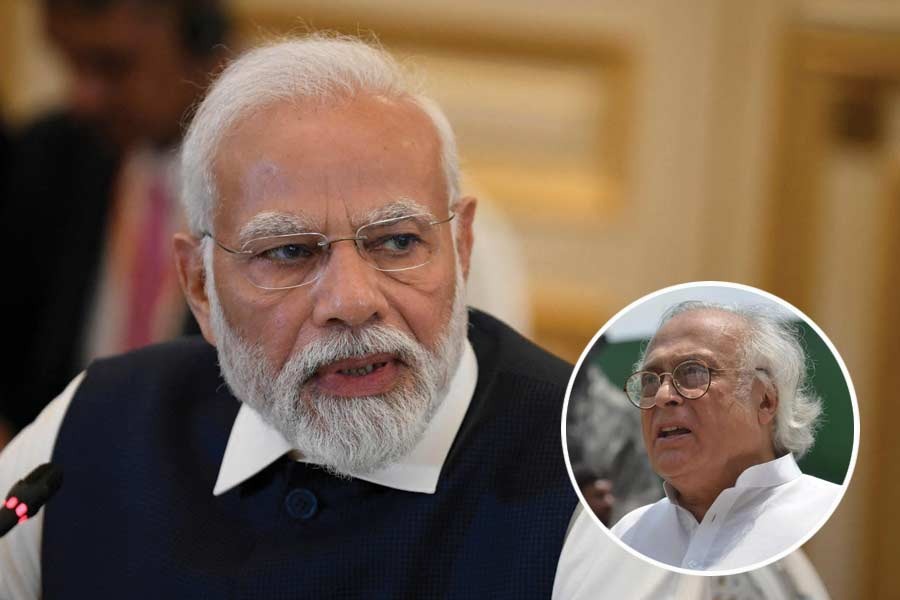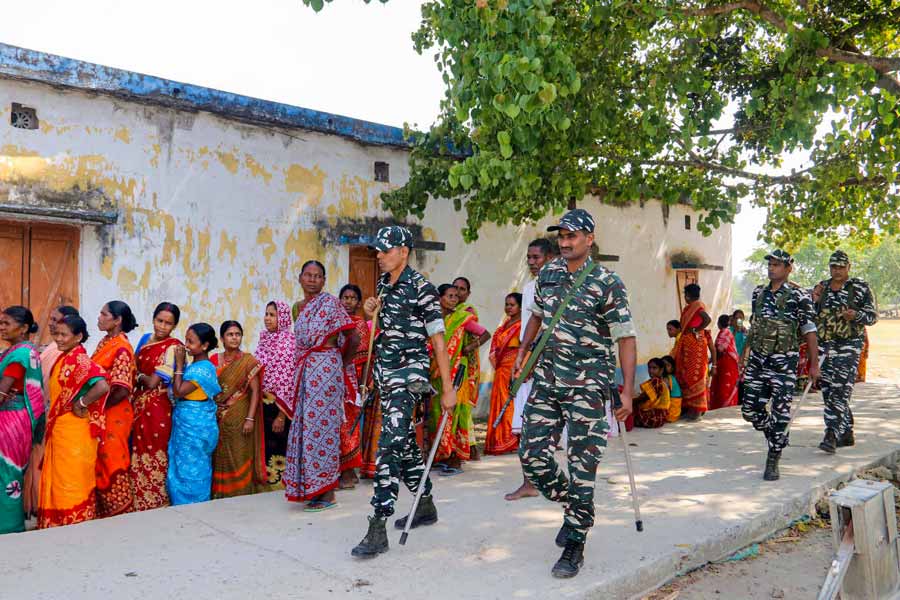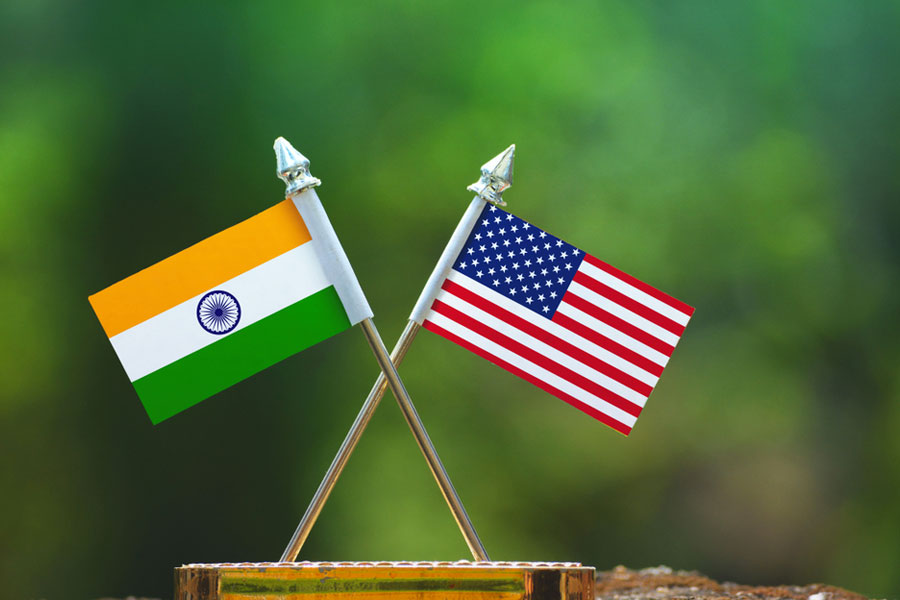 |
| A view of Favourite Cabin on Surya Sen Street. Picture by Anindya Shankar Ray |
Surya Sen Street is a causeway steeped in history, in a historic neighbourhood. Named after one of the most well-known freedom fighters, the lane off College Street is a stone’s throw from Calcutta University, Presidency College and Coffee House. For those with an interest in the past, Favourite Cabin is another landmark on the stretch.
Best known as the haunt of the Kallol Yug literati, the tea-and-toast cabin at 69B Surya Sen Street was founded in 1918 by Nutan Chandra Barua and his elder brother Gaur Chandra Barua, who moved to Calcutta from Chattagram.
“The Kallol group’s daily haunt was Favourite Cabin on what was then Mirzapur Street,” wrote Achintyakumar Sengupta in his 1937 memoir of the times, Kallol Yug.
“Sitting in a circle over the marble-top tables in the cabin, the adda used to continue well after the tea sessions were over; owner Nutanbabu always welcomed our group… the gathering gave rise to many a debate, numerous promises and future strategies. Kallol would have been incomplete without Favourite Cabin…”
The who’s-who of the group — including Sengupta, Shibram Chakraborty, Premendra Mitra and Kazi Nazrul Islam — were regulars at the cabin. It is the backdrop of many of the anecdotes about writers of the period.
The founding brothers being active supporters of Swadeshi, the eatery also became a haunt of freedom fighters.
“Favourite Cabin was always portioned into three —an outer seating area, an inner chamber and a kitchen. Swadeshi meetings would be held in the inner chamber while my father or elder uncle manned the cash counter. They would signal to the freedom fighters to escape through the backdoor as soon they got wind of a police raid,” says Nutan’s youngest son Mridul, now 72.
Legend has it that even Masterda Surya Sen visited the cabin a few times. Netaji Subhas Chandra Bose, when he was a student of Presidency College, was another regular. He used to listen to Nazrul’s poetry and songs as the poet sat at his chosen spot, Table No. 4.
Nutan manned the shop till 1970, for almost five decades, before handing over the reins to his three sons Dilip, Badal and Mridul.
To this day, the décor remains unchanged: marble-top tables, basic wooden chairs and the tiny cash counter.
Tea, once priced at 2 paise a cup, now costs Rs 3. The menu remains the same, barring some pastries and paan-cake. Tea and toast — the latter of a few varieties, depending on the degree to which the bread is browned and what is spread and sprinkled over it — remain the staple.
The Baruas being Buddhists, eggs have never been a part of the fare.
Badal, 74, has been sitting at the store since 1952. “Soumitra Chatterjee, before he acted in Apur Sansar, was a regular. He couldn’t really risk coming over after that because he would have been mobbed,” he recalls.
He narrates an anecdote about Sunil Gangopadhyay: “In the Seventies, Sunilbabu was a regular. After a hike in the sugar price, we had a put up a notice that the price of a cup of tea would be increased in our shop. The very next day, Sunilbabu wrote a report in Jugantar on the issue.”
Badal laments: “At one point, this used to be a meeting point for individuals who excelled in their fields. Today, our cabin has become just another place for adda; people who come and go are probably not even aware of the heritage of this shop.”
One of the reasons why the owners have not changed the décor is to hold on to this heritage, not to mention financial shortcomings.
“A lot of old timers still visit the cabin and are happy that we have not changed a single item of our décor. But at the same time, it would help if we could maintain the cabin a little better. If only the government recognised us as a heritage stop…” says Badal.
For the city’s “favourite” cabin, that would be a huge step.










